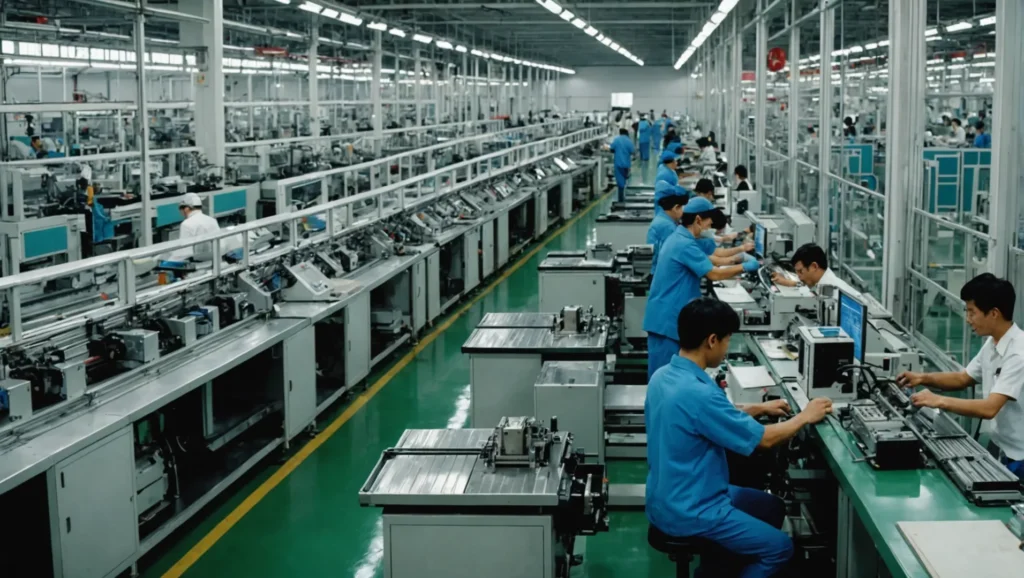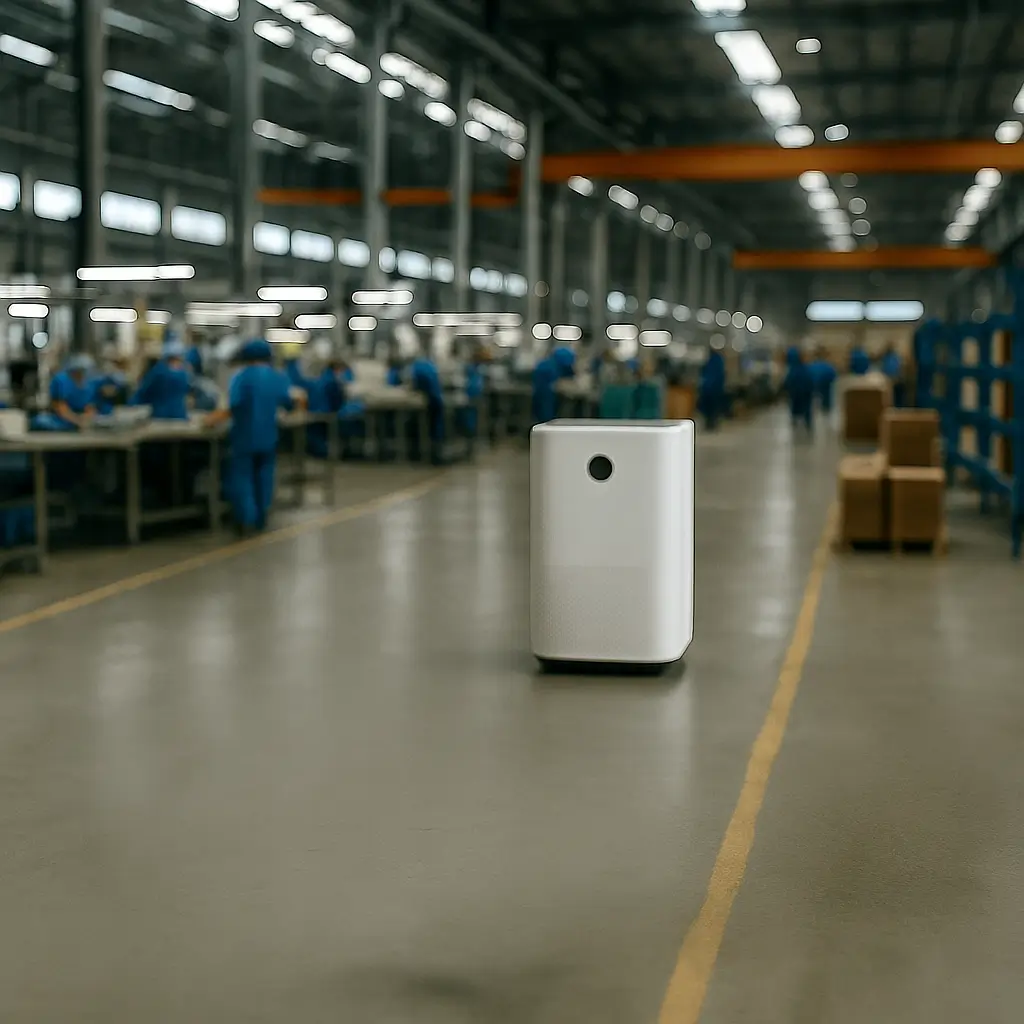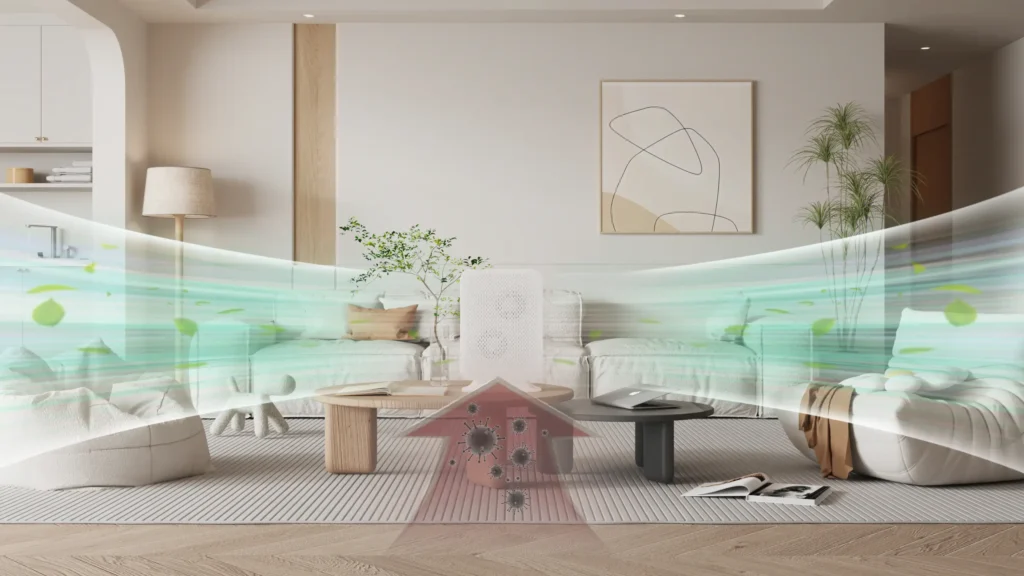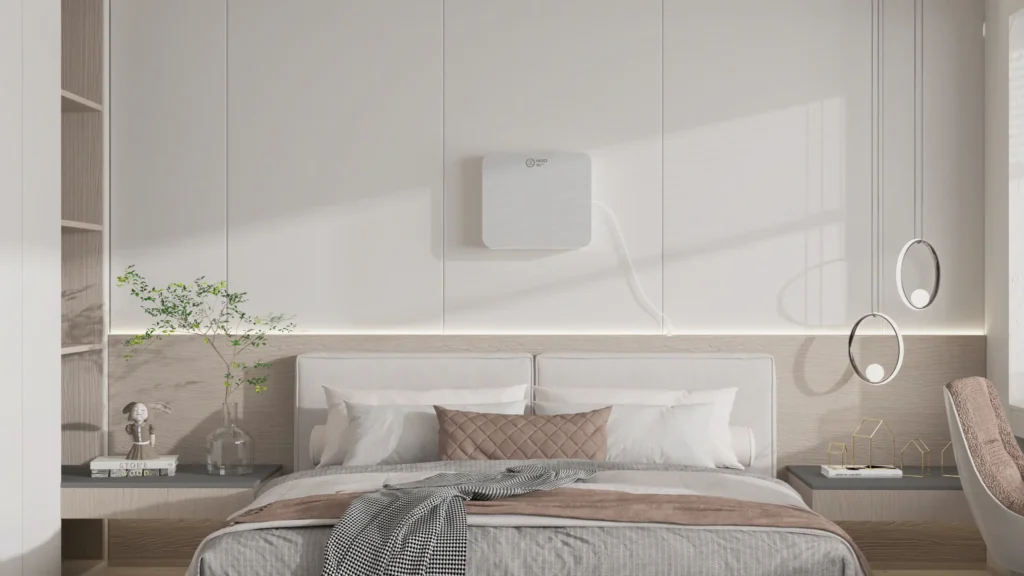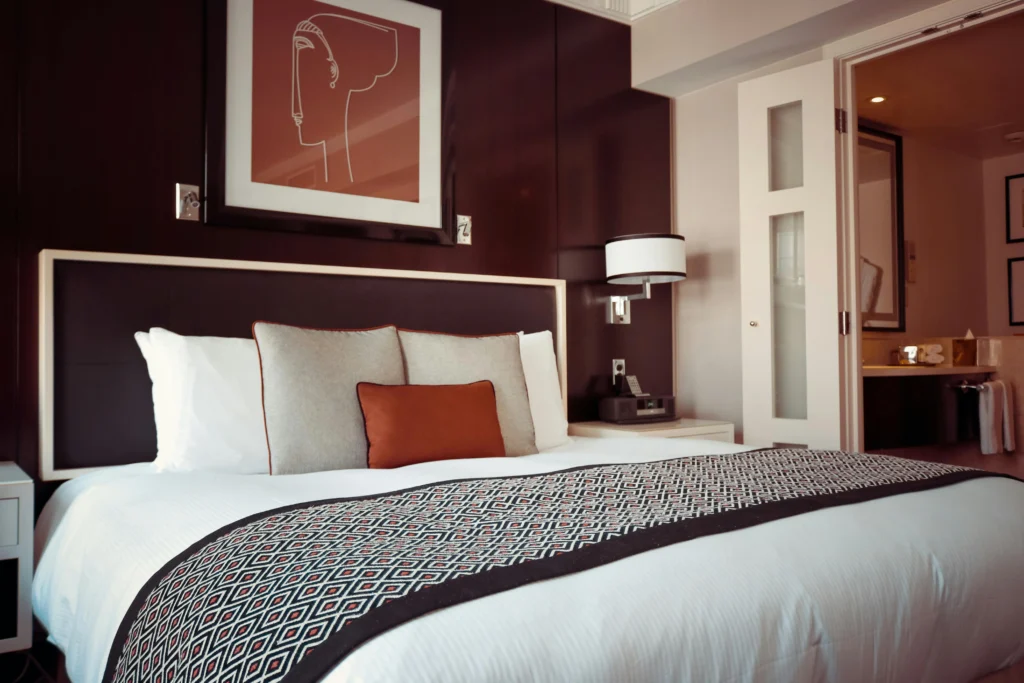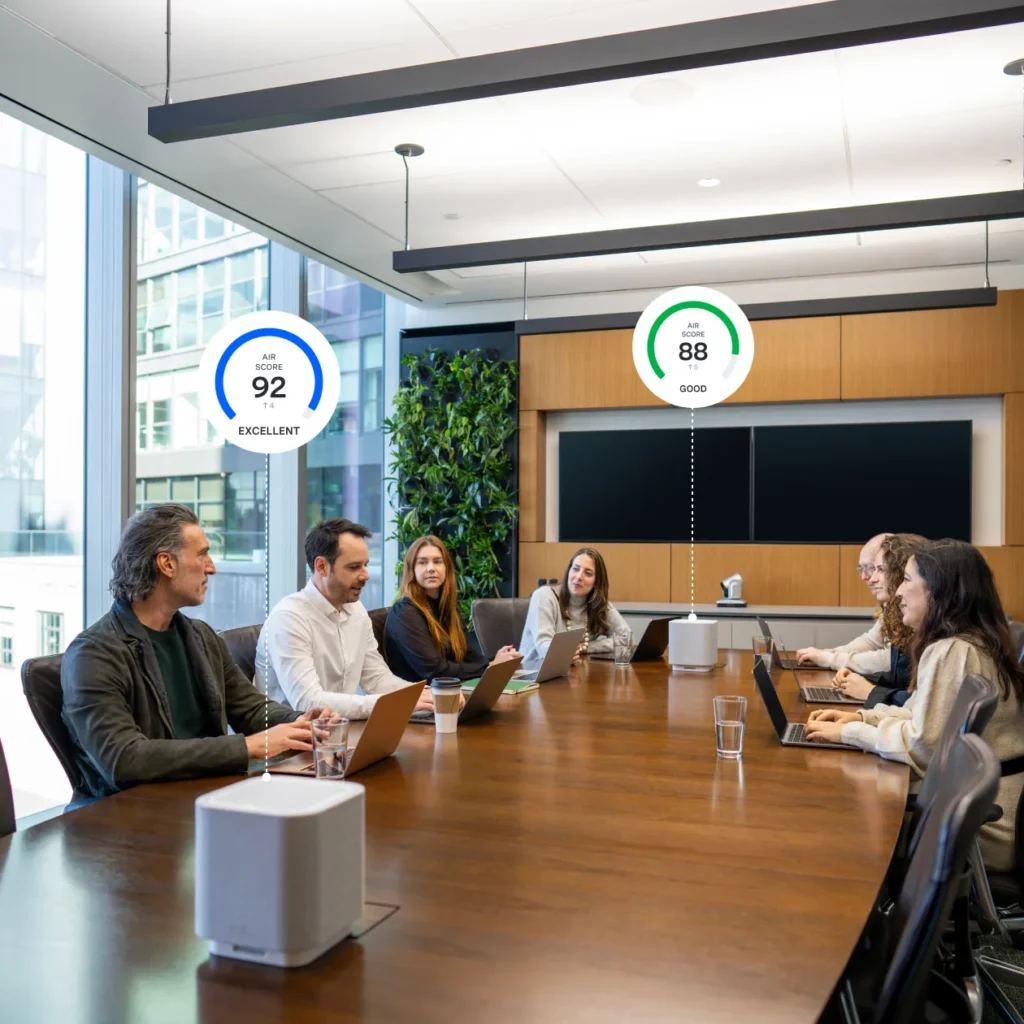Whether you want cleaner, safer, breathable air, or get rid of dusts and suspended germs, viruses, air purifiers can help. Do you really need an air purifier?
Is it that necessary to spend $200 to $500 worth of cash for an air cleaning machine for your home, office or industry?
Others popular questions are:
“Should I get an air purifier?”
“Is it worth it?”
“Can air purifiers prevent coronavirus?”
“Do you need an air purifier for a baby?”
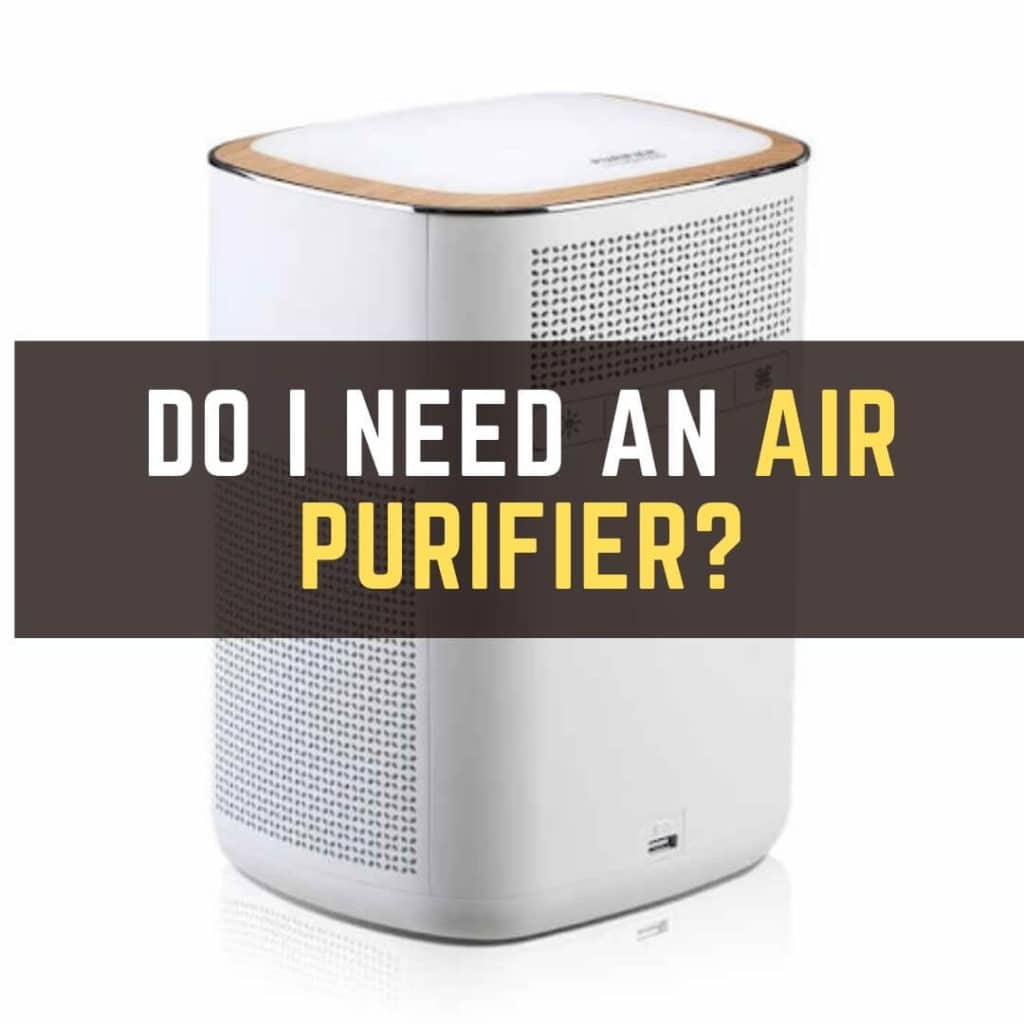
There are articles enumerating why air purifiers are a waste of money. If you don't need one, why buy one, right? But this won't be the case for everyone, and if you look at it more closely, there might even be more reasons why you should invest in an air purifier, especially in 2021.
So let's lay out the cards for you.
Reasons Why You Would Be Needing an Air Purifier
According to the World Health Organization (WHO), 9 out of 10 people are breathing polluted air which exceeds the limit of safety pollutant levels. From the outdoor pollution mixing with the air inside your homes, people are being exposed to unhealthy conditions everyday.
WHO further claims over seven million premature deaths each year, largely due to the increasing mortality from acute respiratory illnesses, chronic obstructive pulmonary disease, lung cancer and heart disease.
There are specific reasons why you should be getting an air purifier. These are:
1. Do you suffer from allergies or asthma?
If you have allergies or suffer from asthma , consider getting an air purifier.
2. Do you need to prevent COVID-19 virus from circulating your place?
If you want to prevent the spread of the Coronavirus , allergens or other biological contaminants, HEPA filters can help trap these harmful pathogens
3. Do you want to prevent air pollution, smoke, odors and fumes?
If your employees are constantly exposed to smoke , harmful fumes and unpleasant odors, an air purifier with an activated carbon filter removes volatile organic components.
4. Do you have chemical sensitivities?
If you are sensitive to chemicals, consider getting an air purifier with MCS or multiple chemical sensitivities.
5. Do you have pet danders, hairs or dust mites all over the place?
If you have a pet, chances are, you can get breathing problems from pet danders, pet odors, and hair shedding. Specific air purifiers can remove pet danders and hairs from the air.
Reasons Why You WON'T Be Needing an Air Purifier
If the reasons mentioned above do not fit you, then perhaps you won't be needing an air purifier.
Nevertheless, if you don't want an air purifier, you should still maintain a clean air environment through the following:
- Keeping your windows open so the air can move around your house and prevent suspending irritants.
- Clean and vacuum often to reduce dusts
- Change your HVAC filters regularly to prevent recirculating dirty air around the house.
- Make sure to use an exhaust fan in closed kitchen areas
- Do not smoke inside the house, or prevent smoke from coming into your house.
Advantages and Disadvantages of Air Purifiers
| Advantages | Disadvantages |
|
|
Now that we've laid out the short answers, let's elaborate if you're like the majority who don't have a clear idea about air purifiers.
How Does an Air Purifier Work?
So how does this air cleaning machine work improving air quality?
An air purifier works by sucking dirty, polluted air and passing it through multiple stages of filters, sanitizing and cleaning the air as it goes out. To efficiently filter the contaminated air in a specific room area, the air purifier purifies the entire volume of air a number of times within an hour.
HEPA grade filters are favorable as it filters a lot of types of contaminants in the air. These include pollutants, suspended particles, dusts and pollens and germs. Odors, fumes and VOCs (volatile organic compounds) are often captured by activated carbon filters.
While there's no doubt that HEPA air purifiers are effective in improving indoor air quality, you need to replace filters for optimal performance every once in a while (ideally 3 to 4 months depending on the manufacturer guidelines).
Yes, air purifiers, when used correctly, can be an effective infection control strategy. But this doesn't mean it's a stand-alone method of preventing Coronavirus.
Air purifiers with HEPA filters are designed to trap 99.97% of airborne particles down to the size of 0.3 microns. This already includes a lot of bacteria, allergens and viruses that cause sickness and infection.
What's more interesting is that a study made by NASA shows how high-performance HEPA-filtration systems can filter out virtually 100% airborne particles and viruses. Once trapped in the HEPA fibers, these viruses will ideally die in 72 hours max.
Air purification systems are even used in buildings to prevent workers from getting infected with Aspergillus spores. Hospitals worldwide have also been using high performance air purifiers with UV light in hospitals to sterilize the air and prevent infection spread of the COVID-19.
The best air purifiers for killing or deactivating germs and viruses include:
- An Ultraviolet Light
- A Silver-infused HEPA Filter
- A Heat Sterilization Technology
For example, HisoAir's Air Disinfection Machines are equipped with high performance air sterilizer and disinfection technologies with a 254nm UVC light technology, designed to trap and kill Coronavirus and other types of viruses.
Related Questions:
Do Air Purifiers Help You Sleep Better?
So an air purifier improves the quality air you breathe, reducing lung and skin irritation, as well as rid the air from odors. With these benefits, we can safely say that air purifiers can help you sleep better at night or during your naps.
While according to a survey, almost 50 million Americans suffer from Asthma or Allergies, an air purifier can really be a great investment if you want to stay healthier and sleep better.
Do You Need an Air Purifier for a Baby?
Air purifiers can help reduce pollutants in the air before they are inhaled by your baby, thereby reducing the risk of allergies and asthma. So yes, you may want to buy an air purifier to protect your baby from harmful toxins and viruses invisible to the naked eye.
So..Should You Get an Air Purifier?
The year 2020 and 2021 has been plagued with pollution, wildfires and known and new variants of COVID-19. Add to this, people spend more time indoors with work, school and recreation being spent all in one place.
It's not only the allergic and asthmatic individuals who need purified air all the time, but also families, households, hospitals and businesses needing protection against what the world has brought us today - home quarantine,
With this, there's definitely a need for good air ventilation and good air quality to promote a safer, sanitized indoor environment. Hence, you should get a good quality air purifier.
When you decide an air purifier is worth it
To help you find the best air purifier for you, you may go to these blogs:


